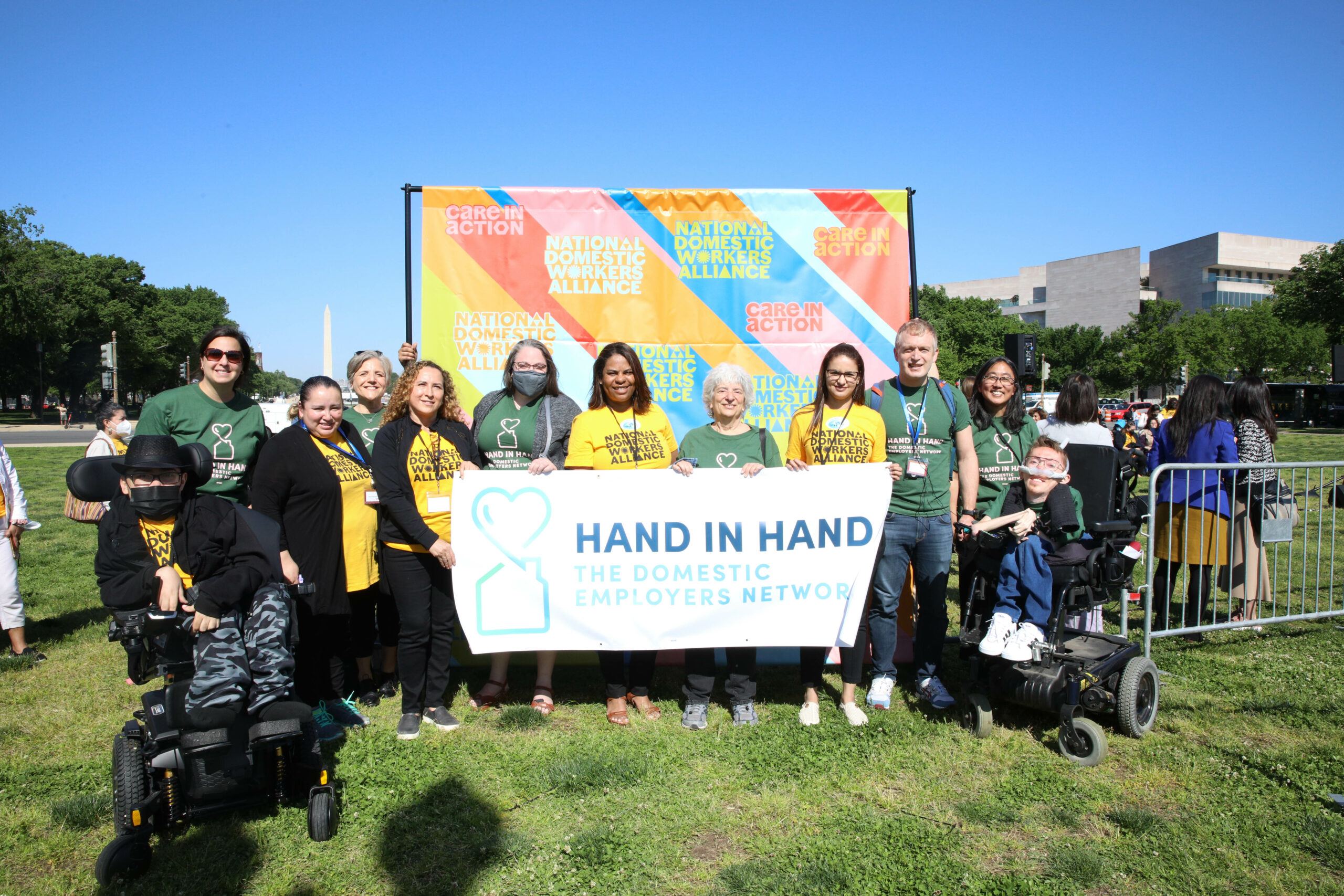People who employ nannies, home attendants, or house cleaners may be especially worried right now about the safety of the workers they depend on. Immigration raids in Los Angeles and other cities have disrupted daily life so profoundly that many immigrants are afraid to leave their homes. Parents are pulling children from schools, caregivers are missing shifts, and even U.S. citizens have been caught up in enforcement actions. Yet the bills keep coming, the work remains, and families who rely on this labor are often left without care.
The fear cuts across every sector. Gardeners describe being watched while they mow lawns, worried that their trucks and tools make them visible targets. Home care workers, many of them immigrants, are disappearing from households that rely on them for bathing, cooking, and mobility. Some clients have gone weeks without help, left to struggle alone. These are not abstract policy consequences but daily crises for people whose health and lives depend on consistent care.
Nannies who once filled neighborhood parks with toddlers now keep children indoors, fearing that a simple outing could end in disaster. Longstanding family child-care programs have cut hours, canceled field trips, and added locks to their gates. Some providers keep folders of children’s birth certificates ready in case they are stopped while traveling.
For workers, the choices are punishing. Some have begun sleeping at their employers’ homes all week, seeing their own families only on weekends, because the streets in their neighborhoods feel too dangerous. Others, even with legal status, have stopped going to the grocery store, convinced that any interaction with law enforcement could escalate. One nanny explained that she keeps a toddler home now, even though the child begs to play outside, because she feels hunted. Another described parks that once buzzed with nannies and children now sitting eerily empty.
These raids collide with another crisis already unfolding. California, like the rest of the country, faces a growing need for care as the population ages. By 2030, one in four Californians will be over sixty, and demand for caregivers, home health aides, and domestic workers is expected to rise sharply. Immigrants already form the backbone of these fields: more than half of certified nursing assistants in nursing homes were born outside the United States, nearly a third of home care workers are immigrants, and in gardening and landscaping the numbers are even higher. When enforcement drives workers into hiding or forces them to leave, it deepens shortages that experts warn are already life-threatening.
In this climate, many household employers want to stand by their workers but don’t know what concrete steps to take. Hand in Hand offers that guidance. For years, the organization has helped transform private homes into fair, safe workplaces by providing model contracts, checklists, and legal guides. Their resources show employers how to set clear expectations, offer benefits like paid time off, and create respectful relationships that recognize domestic work as real work.
Now, Hand in Hand is publishing emergency planning guides tailored to the present political moment. These resources walk employers through how to talk with workers about safety without prying into immigration status, how to create a plan in case someone is detained, and why offering paid time off or safe transportation can be essential when workers are afraid to travel. They also lay out legal basics for the home, reminding families that immigration agents cannot enter without a warrant signed by a judge. For those who employ home attendants, the guides emphasize planning for continuity of care so that elders and disabled clients are not left vulnerable if a caregiver suddenly cannot show up.
Together, these resources are lifelines, transforming fear into action. They give employers a way to support workers in a moment when raids and racial profiling are destabilizing entire neighborhoods. And they point to a broader cultural shift, where employers understand themselves not as isolated households but as part of a workforce that deserves stability, dignity, and safety.

